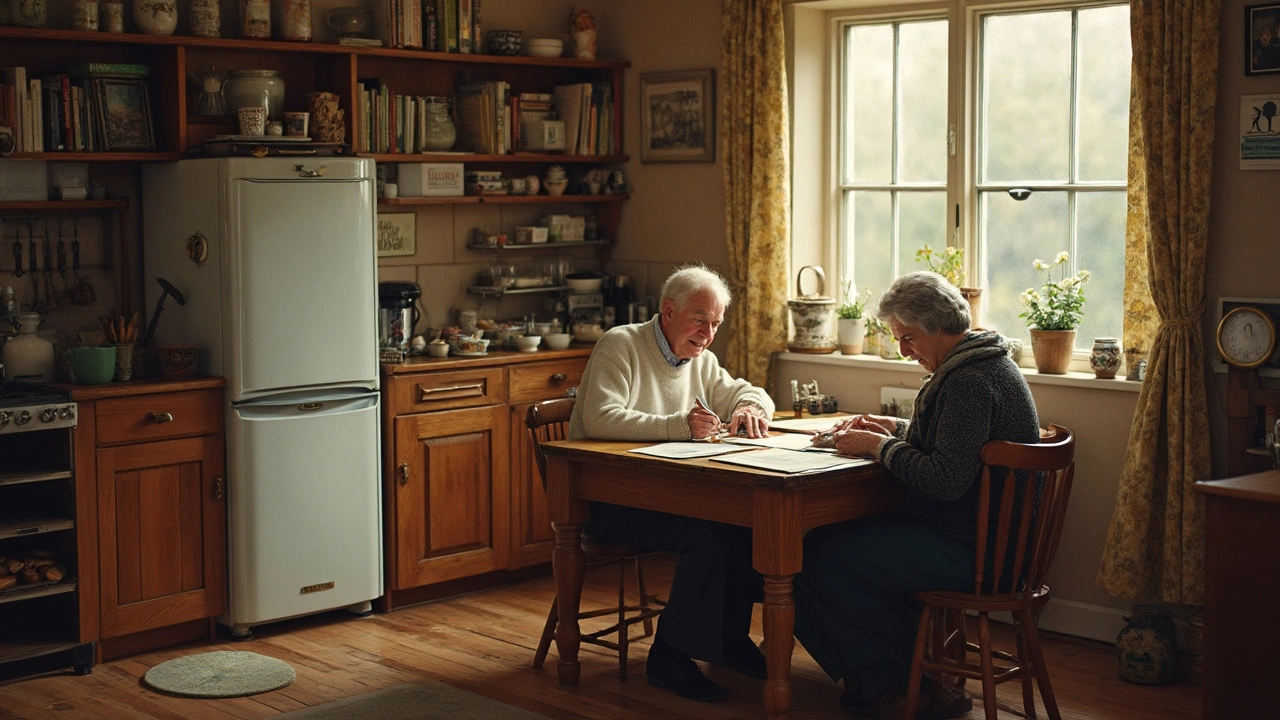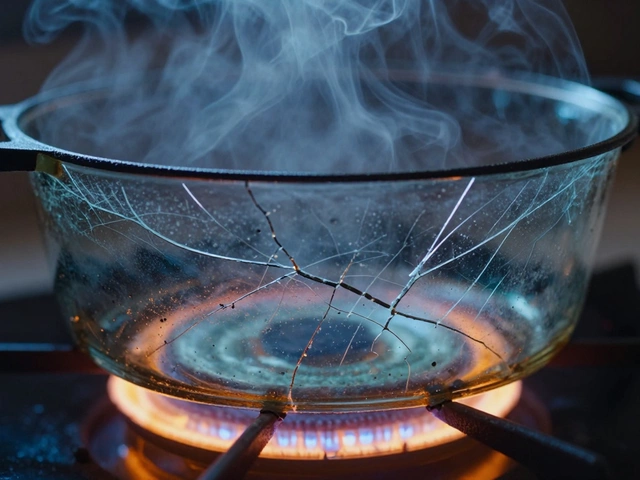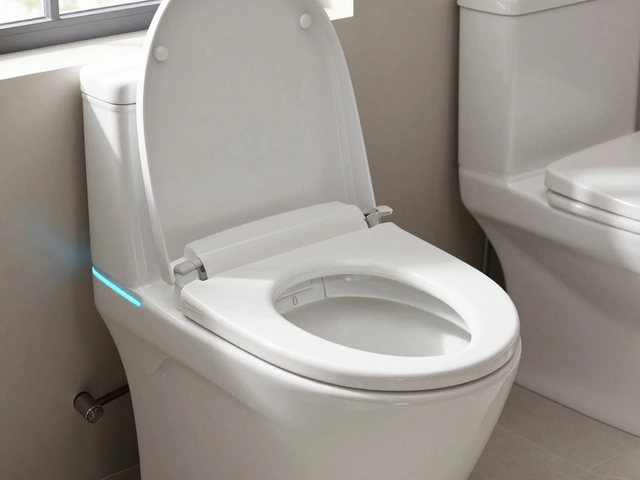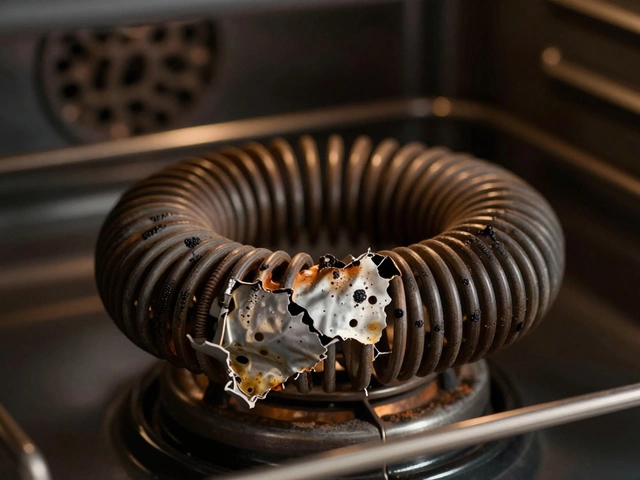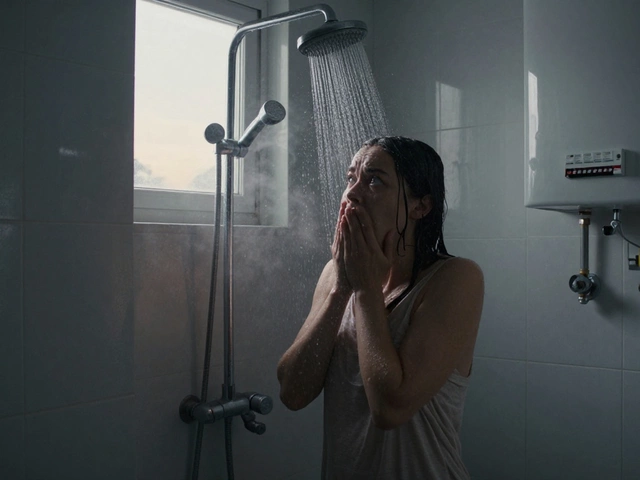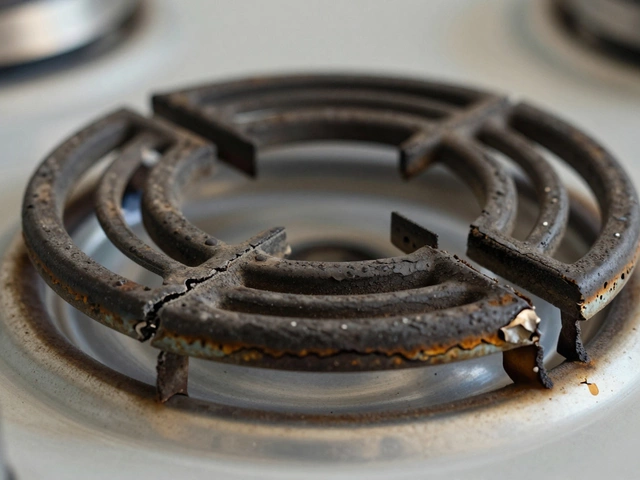Old Boilers: How to Decide If They Need Repair, Replacement, or an Upgrade
If your boiler has been humming for years, you might wonder whether it’s still worth keeping. An old boiler can still heat your home, but hidden problems may raise your bills or cause safety issues. Below we break down the most common signs that an old boiler needs attention, simple steps you can take yourself, and when it’s time to call a pro.
Spot the Warning Signs Early
First, listen for strange noises. Rattling, knocking, or whistling often means limescale or a loose part inside the system. Next, watch the temperature. If rooms feel colder than usual or the water takes longer to heat, the boiler is losing efficiency.
Leaks are another red flag. Even a tiny drip from the pressure valve or pipe can turn into a big problem quickly. Check the pressure gauge: a steady reading below 1 bar or above 2.5 bar suggests the internal seal may be failing.
Older models also tend to rust on the outer casing. While a few spots are normal, extensive rust can weaken the metal and lead to cracks. Finally, keep an eye on the age. Most boilers last 10‑15 years with regular servicing. If yours is older, the risk of breakdowns rises.
Simple Maintenance You Can Do
Before you call anyone, try a few easy tasks. Bleed the radiators to remove trapped air—just turn the bleed valve until water runs out. This can improve heat output without any cost.
Check the condensate pipe for blockages. A clogged pipe stops water from draining and may cause the boiler to shut down. Clear any leaves or debris with a garden hose.
Reset the boiler’s safety cut‑out if it trips. Most models have a reset button; press it according to the manual, then wait a few minutes to see if the system restarts. If it shuts down again, there’s likely a deeper fault.
Schedule a professional service at least once a year. A qualified technician will clean the heat exchanger, test the gas valve, and make sure the combustion is safe. This simple step can add years to an old boiler’s life.
When Repair Isn’t Worth It
If you’ve spotted multiple issues—leaks, rust, repeated shutdowns, and a drop in efficiency—repair costs can add up fast. Compare the price of a major fix (often over £500) with the cost of a new, energy‑efficient boiler (typically £2,000‑£4,000). New models use less fuel, which can save you £150‑£300 a year on bills.
Safety is another factor. Old boilers may have faulty gas controls or cracked heat exchangers, which can produce carbon monoxide. Replacing the unit eliminates these hidden dangers.
Finally, consider local regulations. Some areas require older boilers to meet newer emission standards. If your boiler can’t be upgraded, a replacement is the only legal option.
In short, keep an eye on noise, temperature, leaks, rust, and age. Do simple maintenance yourself, but don’t hesitate to call a professional for a thorough check. When repairs become frequent or pricey, a new boiler can bring peace of mind and lower bills.
At Hinckley Home Appliance Repair Services, we specialize in diagnosing old boilers, offering honest repair quotes, and recommending the right replacement when needed. Give us a call and let our experts keep your home warm without surprise breakdowns.
23 May 2025
·
0 Comments
People often wonder if their old boiler can really make it to the 50-year mark. This article breaks down how long boilers typically last, what factors help or hurt their lifespan, and what you can do to keep yours running smoothly. You'll also get tips on spotting warning signs before your boiler gives out. Perfect if you're debating a repair or full replacement.
Read more

